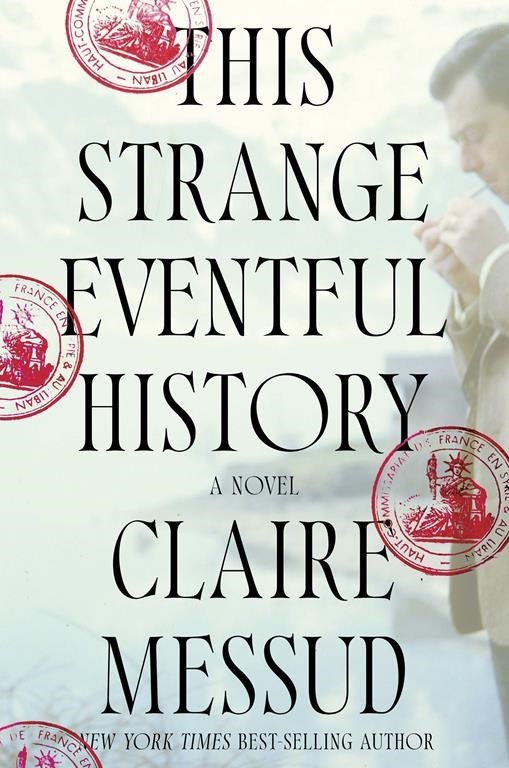Secrets and shame — every family has its share. When it came time to write her most autobiographical novel, Claire Messud relied on a 1,500-page family history compiled by her paternal grandfather. The result, “This Strange Eventful History,” sprawls over a third as many pages — 423, to be exact — to tell the story of three generations of a French Algerian family displaced from their colonial homeland, who never quite found another place where they felt so completely at home.
The story is told from the point of view of the fiercely French, devoutly Catholic, patriarch Gaston; his rootless, cosmopolitan son, Francois; and his fearful, deluded, psychologically damaged daughter, Denise. Rounding out the chorus are Barbara, the beautiful, Protestant, Canadian-born wife of Francois, torn between roles as wife, mother and daughter as she struggles to earn a law degree at the peak of 1970s-era “women’s lib” while raising their two daughters and whipping up Julia Child recipes for dinner parties; and finally, Gaston’s granddaughter Chloe, a stand-in for the author, inheritor of this “strange, eventful history” and ultimately, spiller of family secrets and perhaps, exorciser of shame.
Behind the “endless ritual” of their busy lives — from birth to death, grade school to retirement — Messud is keenly aware that a vaster story is unfolding, one that spans epochs and continents, perceived only in glimmers by various members of the clan. For instance, when Francois calls Barbara to tell her about a terrible accident at the site of a mining operation in Australia, where they have been posted for his job, she thinks, “What had been there? Not nothing. It was an Aboriginal tribal homeland: before it had been transformed into a dystopian hellscape, it had been untouched for thousands of years, the people there living as lightly and resourcefully upon the land as the animals and birds.”
For fans of Messud, whose earlier novels include the bestselling 2006 novel “The Emperor’s Children” as well as “The Woman Upstairs,” this latest work will be ambrosial, brimming with long passages that attempt to capture the evanescent sensations of life — touch, taste, sounds, smells, the ever-shifting register of light. Others may get lost in dense, descriptive passages that roll on and on, owing a debt to the English modernist writer Virginia Woolf, one of Messud’s literary heroes. Yet all in all, the book is a masterful achievement, a somber, joyous meditation on the consolations and disappointments of empire, nation, faith and family.
___
AP book reviews: https://apnews.com/hub/book-reviews
Ann Levin, The Associated Press



